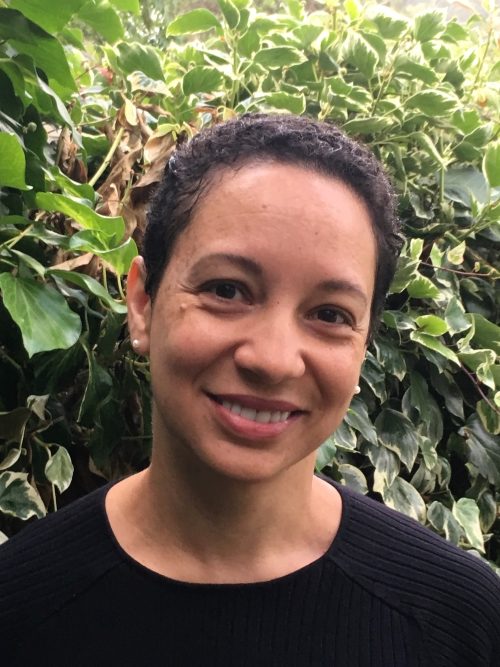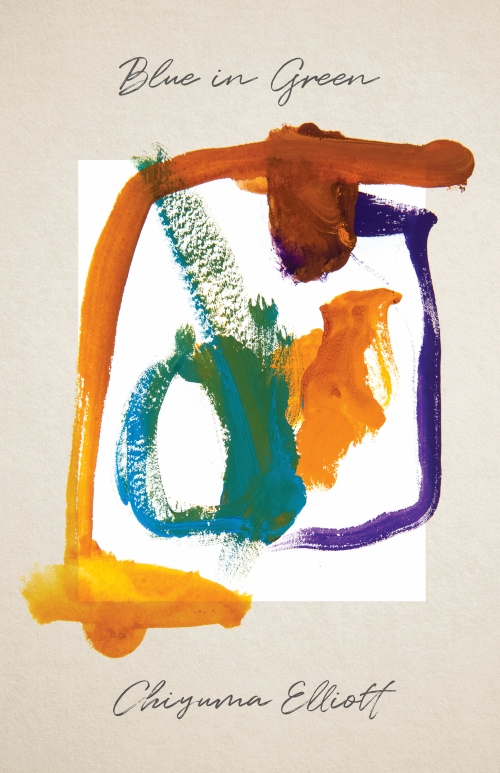Some of those battles were pointless.I opened the tent flaps and peered out at the world.The bird learned to copy so many sounds;its entrails were clogged with bright bits of plastic.What was our strategy again?And why did the wind winceas it skirted the brilliant corners downtown?Some of those battles were jointless,footless, feckless. Yet I polished the armorand sat on the groundand shot no sheriffs and smoked no spliffsand sang songs that applied no pressurewhen we ran out of bandages.But some of those battles were spotless.The signs said fuck 12, the seconds ticked past.The thoughtless old ships rusted in the bay.We lost we won we paintednew ships and faces on plywood,and the birds wheeled and sang.What’s a victory, what’s a garden?We burned some cities,we shattered some glass.
Dear Ilium,
Feature Date
- December 19, 2021
Series
Selected By
Share This Poem
Print This Poem
Reprinted with permission from Blue in Green by Chiyuma Elliott, published by the University of Chicago Press.
© 2021 by The University of Chicago.
All rights reserved.

Steven Justice
Chiyuma Elliott is an Associate Professor of African American Studies at the University of California, Berkeley. Her scholarly work focuses on poetry and the Harlem Renaissance. A former Stegner Fellow, Chiyuma’s poems have appeared in the African American Review, Callaloo, the Notre Dame Review, the PN Review, and other journals. She has received fellowships from the American Philosophical Society, Cave Canem, and the Vermont Studio Center. She is the author of four books of poetry: Blue in Green (2021), At Most (2020), Vigil (2017), and California Winter League (2015).

Chicago, Illinois
"The material of Elliott's Blue in Green—time, music, pleasure, dream, water, memory—all share one commonality: the reverberation of all the past tense, which ebbs and flows like a wave into a perpetual present. This bleeding into serves as a language-game not unlike Wittgenstein's theory of color concepts. Each poem establishes a visual and sonic logic through linguistic image, a depiction of the way the past becomes a composite that is understood only as it transforms, like Elliott explains, 'As glitter is to lake,/ Like sunlight is to ache, like ache is to mountains." Elliott's work is polyphonic; the past and present each have their own voice, an eventual harmony, like the sky falling into grass, like two seas mixing. The poems of Blue in Green are exquisite collages of time stopped and continuing."
—Kimberly Grey, author of Systems for the Future of Feeling
"Blue in Green is full of strange truths and a weaved, wonderful singing. Elliott's poems perch and pry at the radiant seams of reality, her voice igniting the numinous verves between imagination and understanding."
—Geffrey Davis, author of Night Angler
Poetry Daily Depends on You
With your support, we make reading the best contemporary poetry a treasured daily experience. Consider a contribution today.



